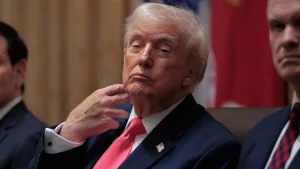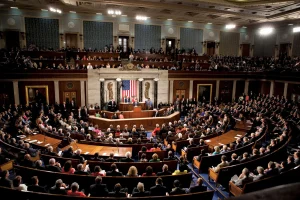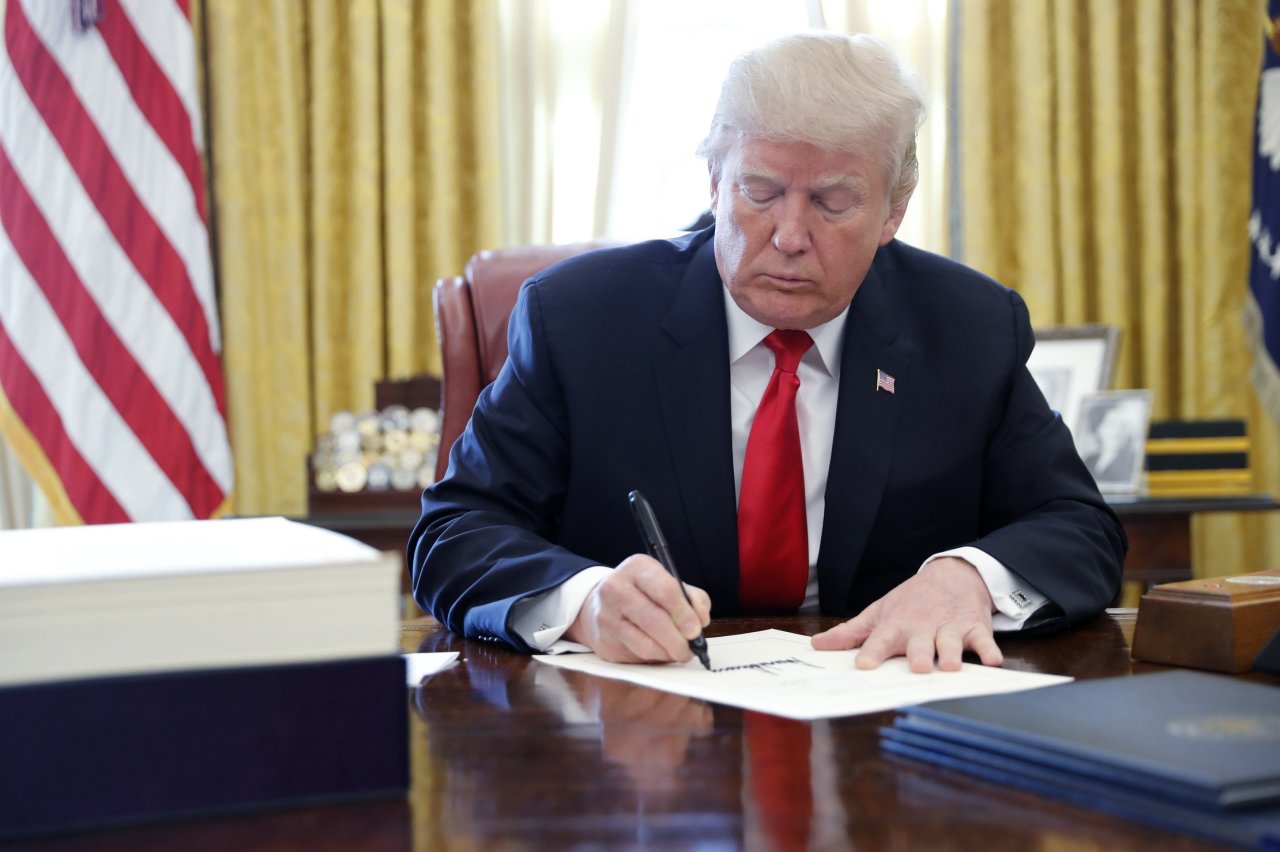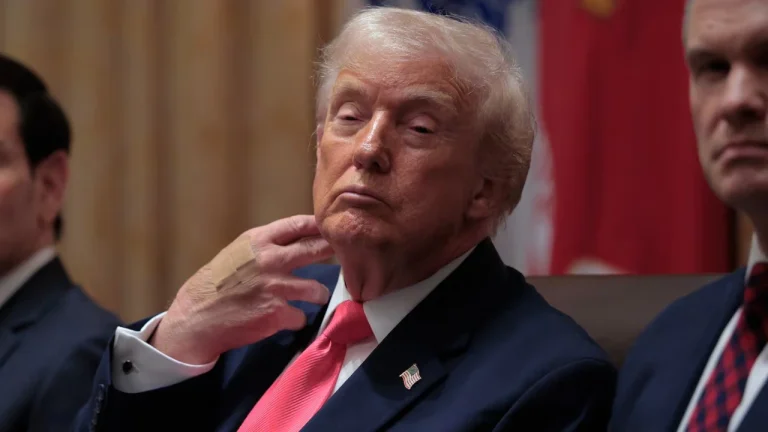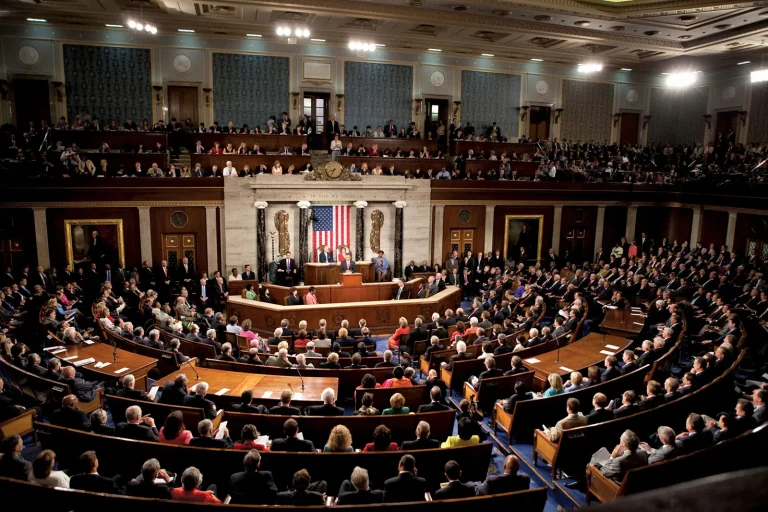NOTE: VIDEO AT THE END OF THE ARTICLE.
President Donald Trump announced Tuesday a groundbreaking trade agreement with Japan, calling it “the largest deal in history” and a major win for American workers and businesses. Speaking from the White House, Trump described the deal as a massive achievement that will create hundreds of thousands of jobs and strengthen the economic relationship between the two nations.
In a statement posted on his social media platform Truth Social, Trump highlighted the scale and significance of the agreement, saying, “We just completed a massive Deal with Japan, perhaps the largest Deal ever made.” He emphasized that this deal will be “great for everybody,” marking a new chapter in U.S.-Japan relations.
Trump’s remarks came amid growing attention to his administration’s aggressive trade policies, including recent tariff announcements and a broader push to address longstanding trade imbalances. The new deal is being touted as a major success in fulfilling these goals by securing favorable terms for American industries while encouraging Japanese investment in the United States.
During his public remarks, the President underscored that the agreement was reached after “long and hard” negotiations with top Japanese officials who gathered at the White House to finalize the deal. He assured the public that this agreement represents a significant shift away from previous trade deals, promising “a lot different” and “really good” outcomes for American workers and the country’s economy.
“This is a very exciting time for the United States of America,” Trump said, emphasizing the importance of maintaining a strong and enduring partnership with Japan. He also highlighted that the deal was structured to benefit American jobs, industries, and economic growth.
While the announcement captured widespread attention, the Trump administration is expected to release further details about the agreement’s terms and implementation in the coming days. Experts anticipate that the deal will have far-reaching effects on bilateral trade flows, investment, and diplomatic ties.
At its core, the deal reportedly involves commitments from Japan to increase investments in the U.S. economy and reduce barriers that have long restricted American exports. This development is viewed as a direct response to the administration’s recent measures, including proposed tariffs and strict enforcement of trade policies designed to level the playing field for U.S. businesses.
This agreement follows a period of heightened tensions between the two nations, with the U.S. having threatened significant tariffs on Japanese goods if trade issues were not addressed. The administration also signaled readiness to respond to any retaliatory measures with reciprocal tariffs, framing the deal as a product of firm but constructive negotiations.
According to information released later, the deal includes an investment commitment from Japan totaling $550 billion, with a significant share of profits expected to benefit the United States. The agreement is said to expand market access for American products such as automobiles and agricultural goods, sectors historically sensitive in Japanese trade policy.
Japan has also agreed to impose a 15% tariff on its exports to the U.S., reflecting a new reciprocal tariff framework that aligns tariff rates with bilateral trade imbalances. This approach, first announced earlier in the year, aims to address perceived inequities in trade relationships and incentivize fairer practices.
The administration further clarified that Japanese companies choosing to build or manufacture products within the U.S. would be exempt from tariffs, highlighting a push to encourage domestic production and job creation.
President Trump framed the deal as a reaffirmation of American economic strength and global leadership. He described it as a “historic” achievement that sets a new standard for future trade agreements, promising to deliver tangible benefits for the American people.
As more details emerge, analysts and policymakers will closely monitor the agreement’s impact on industries, consumers, and international trade dynamics. For now, the Trump administration celebrates what it calls a landmark victory in advancing U.S. interests and strengthening a critical international partnership.
The deal’s announcement marks a pivotal moment in the administration’s ongoing trade agenda, reinforcing its focus on fairness, economic growth, and job creation.
PLAY:

Sarah Mitchell is a bestselling novelist recognized for her insightful and emotionally resonant stories that explore the complexities of human relationships. Originally from Denver, Colorado, Sarah grew up in a family of teachers who nurtured her curiosity and love for storytelling. She studied psychology at Stanford University, where she became fascinated by the intricacies of human behavior—an interest that would later shape her writing career. Sarah’s novels are praised for their nuanced characters, intricate plots, and ability to capture the subtle tensions that define love, friendship, and family ties. Her breakthrough novel, The Spaces Between Us, became an instant bestseller, lauded for its honest portrayal of strained family relationships and the fragile bonds that hold people together. Since then, she has published several works that continue to captivate audiences around the world. Outside of her writing career, Sarah is passionate about mental health advocacy and often partners with organizations to promote awareness and support for those struggling with emotional well-being. Her personal life is quieter—she enjoys hiking in the Colorado mountains, practicing yoga, and spending time with close friends. With each new book, Sarah Mitchell cements her reputation as a writer who illuminates the beauty and struggles of human connection.

